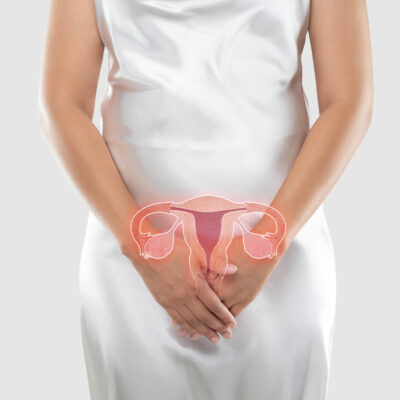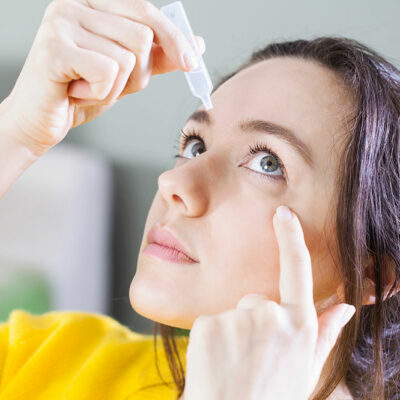
6 Common Menopause Warning Signs
When the time comes, your body will give subtle indications that you may be on the cusp of the transformative life stage of menopause. Recognizing these signs can allow you to prepare for the changes ahead and seek appropriate support or guidance. Speak to your healthcare provider about potential medication and treatment options, such as ways to treat heavy periods, medicine to stop menstrual bleeding, female lubricant for dryness, Premarin prescriptions, and more. Additionally, you should do some research to learn about medications (for example, search for Imvexxy reviews) and financing or insurance options (such as the Oriahnn copay card) to find what works best for you. Here are 6 common menopause warning signs to keep an eye out for:
1. Vaginal dryness
You may start to notice yourself experiencing persistent or recurrent genital pain before, during, or after intercourse. This is a sign of menopause, and it occurs as a result of the decrease of estrogen in the body. Less estrogen can cause vaginal atrophy, where the tissues lining the vagina can become thin, dry, and/or inflamed.
2. Hot flashes
This is the most frequently reported symptom of menopause—hot flashes manifest as a sudden, intense wave of warmth accompanied by profuse sweating. These can last anywhere between 30 seconds to 5 minutes, and women often experience a flushed face and neck and an increased heart rate. If hot flashes occur during the night, these are known as night sweats. Whatever time they occur, afterwards chills might occur due to the loss of heat.
3. Irregular periods
If you’ve noticed any changes in the frequency of your menstrual cycles, it can be a sign of impending menopause. Your periods may be more frequent or there may be extended gaps in between periods, and you might observe alterations in the flow of your period, becoming unusually light or heavy. If anything too abnormal occurs, like excessive bleeding or long-lasting periods, you should speak to your doctor immediately.
4. Sleep disturbances
As mentioned, hot flashes can occur during the night, known as night sweats. These episodes can significantly disrupt your sleep patterns, waking you up in the middle of the night, leaving you uncomfortable, and making it hard to fall asleep again. It is advisable to consult your doctor to explore potential treatments or medications to help you manage these issues and regain restful nights.
5. Weight changes
Aging naturally leads to a slowdown in metabolism, and when coupled with the decline in estrogen and progesterone, it can further exacerbate metabolic changes. Consequently, you may find that you need to adjust your diet and exercise routines to maintain your weight as you will burn calories less efficiently. It is worth noting, however, that a commitment to regular exercise and a balanced diet can have far-reaching positive effects on your overall health.
6. Mood swings
As estrogen levels dwindle, it can have a profound impact on your mood, potentially causing irritability, anxiety, fatigue, and other emotional challenges. These hormonal shifts can also influence the levels of serotonin and norepinephrine, neurotransmitters that play a crucial role in regulating your emotional well-being.


